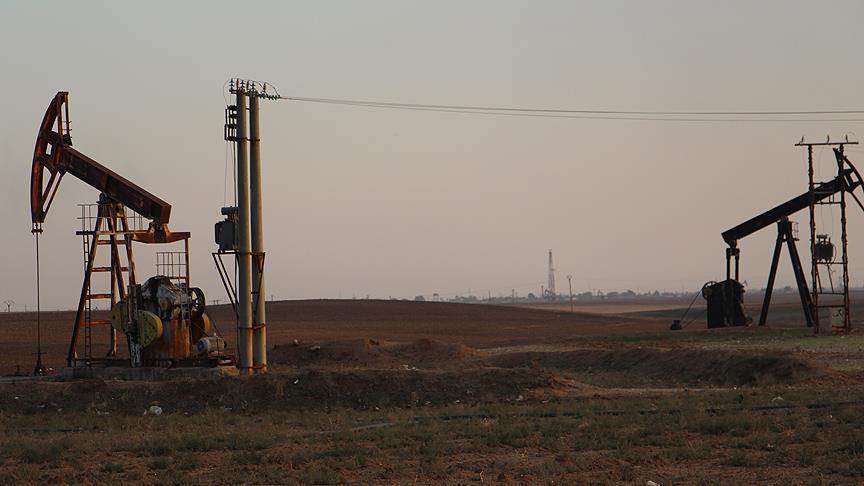Oil prices slipped on Monday as concerns over a potential supply glut and renewed uncertainty about global demand weighed on markets, while conciliatory statements by US officials regarding trade tensions with China also supported the decline.
Brent crude was trading at $60.69 per barrel at 9.29 a.m. local time (0629 GMT), down 0.8% from the previous close of $61.21.
US benchmark West Texas Intermediate (WTI) also fell 0.9% to $56.67, compared to $57.20 in the prior session.
Prices extended last week’s losses as investors weighed the outlook for demand amid signs of slowing global consumption and an emerging supply surplus.
The International Energy Agency (IEA) in its latest Oil Market Report forecast that global oil demand will rise by 710,000 barrels per day (bpd) in 2025 to 103.84 million bpd, slightly below last month’s projection. The agency cited weaker economic growth and accelerating electrification as key factors tempering demand.
On the supply side, the IEA said the global oil surplus is widening, as higher output, particularly from OPEC+ producers and the US, combined with a weaker demand outlook continues to weigh on prices.
“The outlook for demand is complicated by the on-again off-again trade tensions between the US and China,” Daniel Hynes, a senior commodity strategist at the Australia and New Zealand Banking Group, said in a note.
– Trump says he may lower China tariffs
US President Donald Trump said that China is paying “a tremendous amount of money” in tariffs to the US and suggested he may consider lowering them if Beijing makes new concessions as he prepares for a trip to Asia.
“We have a very good relationship with President Xi (Jinping) of China,” Trump told reporters upon his return to Washington. “They’re paying us a lot of money, a tremendous amount of money in tariffs. They’d probably like to have it be less, and we’ll work on that, but they have to give us some things too.”
He added that China currently faces “record-setting tariffs,” including a 20% rate on fentanyl-related imports and a cumulative tariff rate of “about 157%” on certain Chinese goods but said he is open to adjustments depending on progress in talks.
“I want to help China — I don’t want to hurt China — but it can’t be a one-way street,” he said.
On Sunday Trump said that Indian Prime Minister Narendra Modi assured him that New Delhi would stop purchasing Russian crude oil, warning that India would otherwise continue to face “massive tariffs.” India reportedly increased its purchases of discounted Russian crude since 2022, becoming one of Moscow’s top energy customers despite Western sanctions.
Separately, EU energy ministers are meeting later Monday in Luxembourg aiming to agree on a common position for phasing out Russian gas imports, a move that could reshape Europe’s energy mix.
By Handan Kazanci
Anadolu Agency
energy@aa.com.tr
related news
